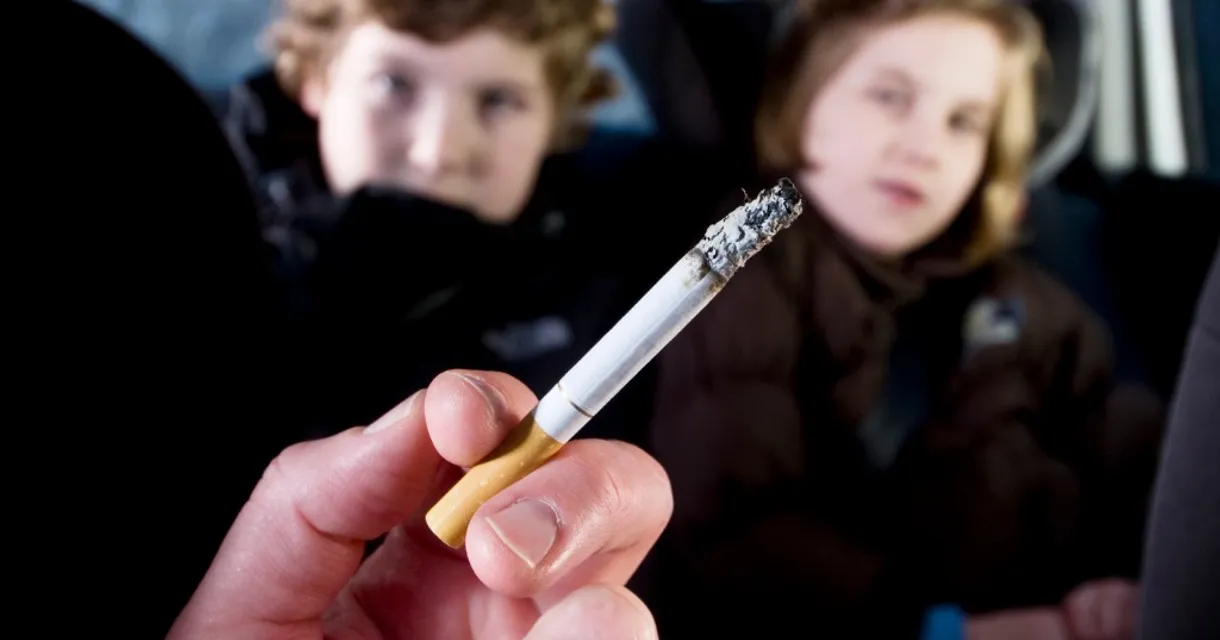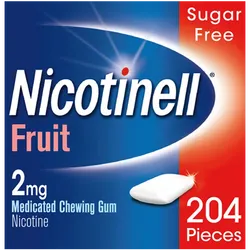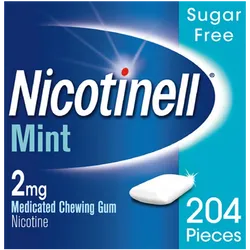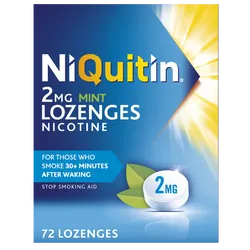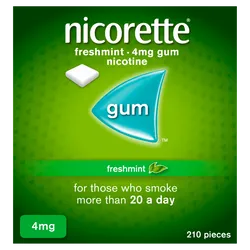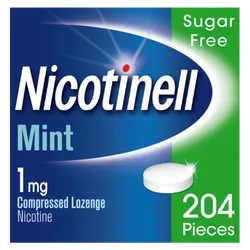Benefits of giving up smoking
Stopping smoking increases your chances of living a longer and healthier life. You’ll feel the benefits from the day you quit.
Not only will you to start to save money but you’ll experience a reduced risk of:
-
heart disease
-
stroke
-
vascular disease
-
respiratory disease
-
a whole range of cancers
There are more reasons to stop smoking like:
-
your life expectancy will be greater
-
symptoms of smoking-related diseases like chronic obstructive pulmonary disease (COPD) will improve
Stopping smoking can help you live life to the full. You’ll feel fitter and more able to take part in physical activity. This can benefit your mental health and wellbeing.
How much money could I save if I quit smoking?
Smoking is expensive and prices will continue to rise. If you’re smoking 20 cigarettes a day, you’re likely to be spending about £5,000 a year. This is based on the average cost of over £14 for a pack of 20 cigarettes.
By stopping smoking, you could spend the money you save on a:
-
reward such as a trip to the cinema or a meal out
-
family holiday (equivalent to the cost of smoking 20 cigarettes a day for a year)
Count the cost of your smoking
Try the cost calculator, to see how much you spend on smoking, and what you could save by stopping.
Benefits to your health
Once you stop smoking, your body starts to repair itself.
Benefits within days
Within days you’ll experience:
-
a drop in heart rate
-
carbon monoxide and oxygen levels in blood return to normal (similar to those who’ve never smoked)
-
your sense of taste and smell improving
Benefits within weeks
Within weeks you’ll benefit from:
-
a reduction in the risk of sudden death from a heart attack
-
improvement in lung function
-
less coughing and shortness of breath
-
fewer severe asthma attacks
Benefits within months
Within a few months you’ll experience:
-
an improvement in symptoms of chronic bronchitis (phlegm, wheezing, shortness of breath)
-
less risk of ulcers
Benefits within a year
Benefits within a year of having quit smoking include:
-
risks of coronary heart disease (CHD) cut by half
-
improved respiratory symptoms among people with mild to moderate COPD
As well as the benefits to your health, there are many other good reasons to stop smoking.
Enhanced quality of life
You will notice an improvement in your appearance as increased oxygen circulation will enhance the brightness of your skin, giving it a more radiant look, and additionally, your teeth will remain free from tar stains, contributing to a healthier smile.Quitting can boost your self-confidence and lead to an improved lifestyle, you'll have more energy and will breathe more easily!
Preventing harm to others
Stopping smoking can also help the health of your friends and family.
Second-hand smoke
Stopping smoking means that you’re no longer harming others through second-hand smoke (passive smoking). This benefits babies and children in particular, who are at risk of:
-
sudden and unexpected death in infancy (SUDI)
-
respiratory/chest illnesses and infections
-
reduced lung function
-
middle ear disease
-
asthma attacks
Read more about second-hand smoke
Smoking and young people
Stopping smoking means it’s less likely that your children will smoke. Children living with parents or others who smoke are much more likely to start smoking themselves.
Smoking and pregnancy
Quitting smoking benefits both you and your baby immediately. Harmful gases like carbon monoxide and other damaging chemicals will be eliminated from your body. When you quit smoking:
-
you reduce the risk of complications during pregnancy and birth
-
you are more likely to have a healthier pregnancy and baby
-
you lower the risk of stillbirth
-
your baby is less likely to be born prematurely and have associated breathing, feeding, and health issues
-
your baby is less likely to have a low birth weight. Babies of smokers are typically lighter, which can lead to issues during and after labor, such as difficulty maintaining warmth and increased susceptibility to infections
-
you decrease the risk of sudden infant death syndrome (SIDS), also known as "cot death"
What if I just cut down rather than give up completely?
You can try but it probably won’t work. Smoking is highly addictive, which is why so many people find it so hard to stop. When you cut down you tend to compensate by taking more and deeper puffs on each cigarette to get your nicotine hit. You may also find over time the number of cigarettes you smoke gradually creeps up again. It’s only by stopping completely that you can beat the addiction.
Will I put on weight if I quit smoking?
Cigarettes do affect your appetite and your metabolism, and they dull your taste buds, so people often gain a few pounds when they give up. You can prevent that by doing more exercise (which should also help your mood) and staying away from high fat or calorie foods. But if you do gain a little weight, don’t worry, you can lose it again quite easily once you’ve quit smoking.
Why second-hand smoke such a health hazard
Non-smokers who breathe in other people’s cigarette smoke inhale over 4,000 chemicals, at least 50 of which are proven to cause cancer. For non-smokers, breathing other people’s smoke means an increased risk of lung cancer, heart disease and stroke. For children, second-hand smoke doubles the risk of chest illnesses, including pneumonia, bronchitis and croup (swollen airways in the lungs). It also increases occurrences of ear infections, wheezing and asthma. Children who live with smokers are also three times more likely to get lung cancer in later life compared with those who live with non-smokers.
I’m a social smoker?
Standing outside pubs, often in the cold, to have a cigarette could be the motivation you need to quit smoking.
The quitting timeline when you quit smoking
-
After 20 minutes your pulse and blood pressure return to normal levels.
-
After eight hours levels of nicotine and carbon monoxide in your blood are halved and your oxygen levels return to normal.
-
After 24 hours carbon monoxide is eliminated from your body and your lungs start to clear.
-
After two days your body is free of nicotine and your sense of taste and smell improve.
-
After three days you can breathe more easily, the bronchial tubes relax and your energy levels increase.
-
After two to 12 weeks your circulation improves.
-
After three to nine months your lung function increases by up to 10%. Coughs, wheezing and breathing problems improve.
-
After one year your risk of a heart attack is now half that of a smoker.
-
After 10 years your risk of lung cancer is now half that of a smoker.
6 Methods of Quitting Smoking
1. Identify and Avoid Triggers
Think about what your triggers are, and make a list of them. Tobacco urges are likely to be strongest in places that you associate with smoking cigarettes, like bars or social events. Your cravings could also be triggered by certain emotions such as stress. Once, you’re aware of your triggers and problem times, have a plan and various strategies in place for when they may occur.
2. Use Stop Smoking Aids and Nicotine Replacement Products
Studies show that nicotine replacements will improve your chances of success when quitting, helping you tackle your cravings and avoid smoking tobacco. There are many smoking aids and medications from brands like Nicorette that you can try to help you quit, and it’s important you find the right one for you. Options include gum, patches, nasal spray, and mouth spray.
Browse our relevant products:
-
Nicorette® Step 1 InvisiPatch 25mg, 7 Nicotine Patches (Stop Smoking Aid) £14.99 save £2.87
-
Nicorette® Quickmist Fresh Mint 1mg/Spray Mouth Spray Nicotine 2x150 Sprays (Stop Smoking Aid) £22.88 save £13.62
-
Nicorette® Nasal Spray Nicotine 10ml (Stop Smoking Aid) £20.98 save £12.01
-
Nicorette® Original 2mg Gum Nicotine 210 Pieces (Stop Smoking Aid) £17.78 save £12.53
3. Tell People You’re Quitting
By telling people you’re quitting, you are holding yourself accountable, which might mean you’re less likely to relapse. Telling others you’re giving up can also be helpful as they can be there to support you if you do have a craving.
4. Find Your Reason Why
In order to stay motivated on your smoke-free journey, it’s a good idea to make a list of the reasons why you wanted to quit in the first place. Maybe it’s to protect your health and your loved ones, or it might be to improve the way you look and feel. Whatever it is, remind yourself of it whenever you’re tempted to light up.
5. Keep Active
Being active can help curb your cravings, as well as offer you a great distraction. It doesn’t have to be anything too strenuous, even just a dog walk or a spot of gardening can help you ignore the temptation to smoke.
6. Don’t Give Up Giving Up
Many people try several times before they manage to ditch the cigs for good. If you relapse, don't get discouraged. Think about why you might’ve relapsed, and try to think about how you’d tackle those situations moving forward.
7. Download an App
To successfully quit smoking, it helps to have a strong support system. This could be friends, family or colleagues, but you can also find support online. Connecting with people who are also going through the quitting process can help you to stay strong when you want to light another cigarette.
Alternatively, you can download an app that will give you advice and motivation when you need it. These stop-smoking apps are packed with useful features that show you how much money you have saved by not smoking and how many hours you have been smoke-free.
